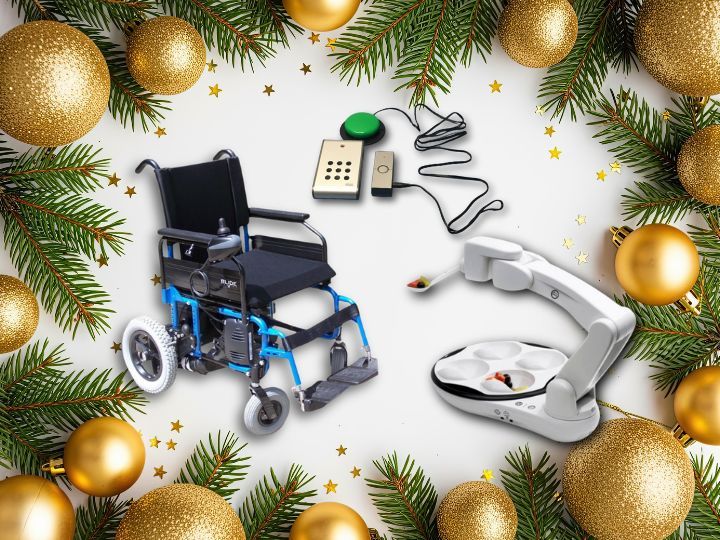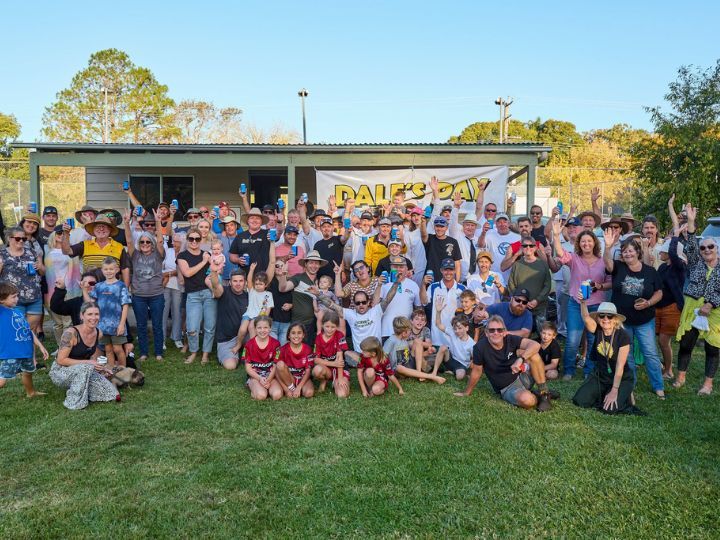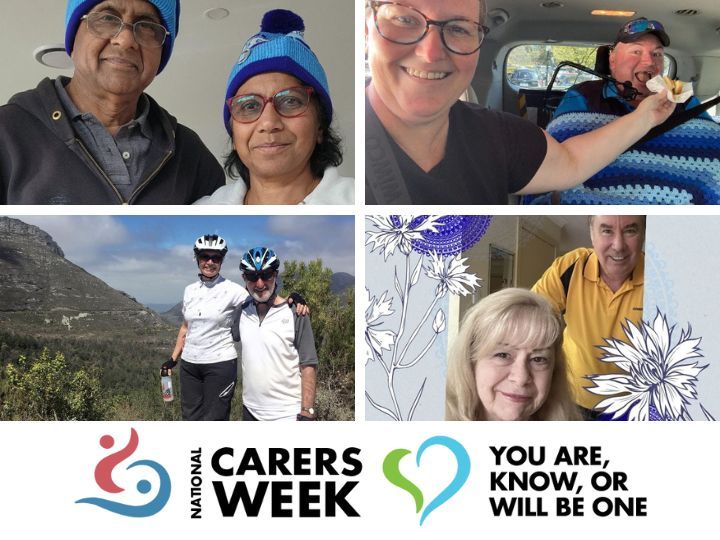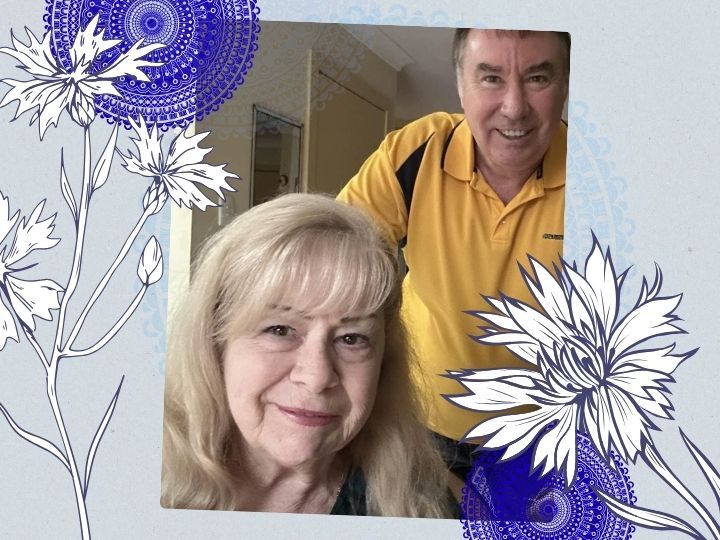According to a recent report released by MND Australia, MND carers experience many emotions and are constantly adjusting to the various demands of their caring role. This can include isolation, stress, anxiety, sadness, and guilt[1].
Caring for someone with MND and FTD can be very hard, especially when dealing with challenging behaviours. Know that you are not alone. There are several specialist organisations that can assist you in your caring role.
Connect in a meaningful way as a MND/FTD carer
Watch Sam, who is a Dementia Advisor. She talks about early signs of dementia, care tips and supports. As a carer it is essential to be prepared as much as we can be.[2] As Sam says ‘know what you are up against,’ Click here.
- Consider patience
- Be selective in your choice of ‘battle’
- Check out available apps and games and
- Create memories
The What Matters to Me booklet is a resource that gives the person living with FTD agency outside of their diagnosis, an important element of person centred care.
Reach out to a FTD carer support network
The Australian Frontotemporal Dementia Association together with Dementia Support Australia (DSA) have a network of support groups called ‘Carer Conversations.’ They are held every month online in a safe environment to share your experience and learn from one another.
The group is facilitated by a dementia consultant and an allied health professional with expertise in FTD. You can meet other carers who know what you are going through. Click here to find out more and register you interest.
If things deteriorate, there is 24/7 support available
A person living with MND and FTD can display behaviours that are upsetting and out of character, which can indicate a change in their medical condition.[3] As a carer, the Dementia Behaviour Management Advisory Services (DBMAS) is FREE to access. You can do this through 24/7 phone support, in person support and video conferencing options, including for regional and remote carers. For more information, watch this short video.
FTD carer resources
We know how valuable the lived experience of MND carers is in encouraging other carers to reach out for support, develop self-care strategies and reduce feelings of distress and isolation.
Have a listen to Steve Macfarlane, Head of Clinical Services at DSA and also the experience of an FTD carer Lynn Sewell, click here for the podcast.
Click the links below for:
Handy resources on FTD for carers
Carer Handbook for Understanding Changed Behaviours
Consider Respite Care
The recent MND Community Survey Report told us that only a minority of MND access respite care. [4] We know anecdotally from our MND NSW Carers Kitchen table and Advisor support groups, that MND carers who have accessed respite have found it beneficial in sustaining their resilience and the ongoing demands of caring for someone living with MND/FTD.
The Dementia Centre for Research Collaboration shares the advantages of respite care with you as a carer. Click here more details.
Build your resilience
Resilience is like a muscle. As carers we need to constantly strengthen it through practice and experience which is the cornerstone of our self-care. Learn self-care strategies to build your resilience as a MND/FTD carer, click here.
Do you have your own strategies to share?
Let us know and share with other carers what has worked well for you and your loved ones. Email us at
Join the MND NSW Carers Program
Our Carer Program offers support for carers, including young carers.
If you are a carer and haven’t yet had a chance to join the MND NSW Carers Program, click here and complete our Online Intake Form or call our Info line on 1800 777 175.
[1] Every Moment Matters: Addressing the human and economic toll of motor neurone disease in Australia’(2025: pp 40-42).
[2] Building Connection with Someone with Dementia: Tips from Sam | Proveda, Accessed September 2025
[3] Dementia Support Australia Understanding behaviour changes | Dementia Support Australia Accessed September 2025
[4] ACIL Allen (2025). MND Community Survey, Final Report,p 28.




